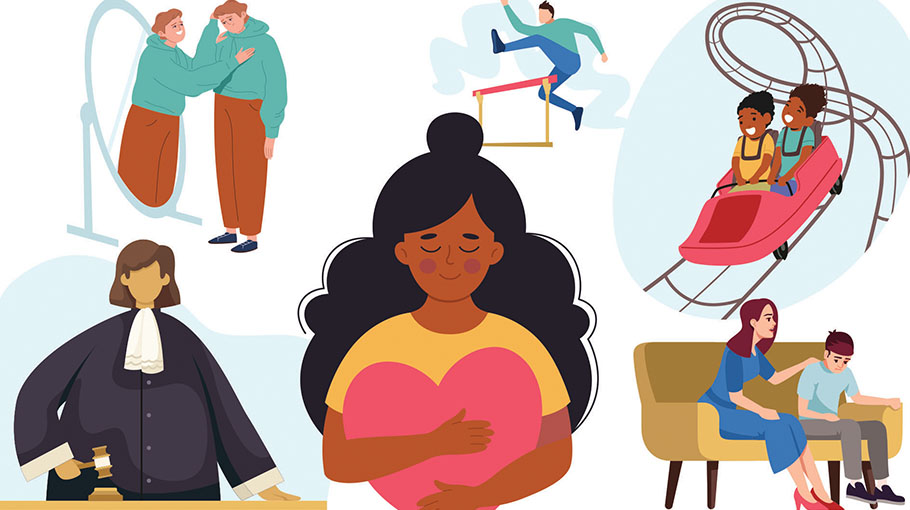Mastering the art of living and relationships

There's a widespread misconception that some aspects of life rely solely on natural talent or a stroke of luck. In reality, life is an ongoing practice session where we constantly strive to improve ourselves and our interactions with others to achieve completeness.
Most people understand that academics, sports, and the arts require diligent practice. However, many overlookthe fact that maintaining good interpersonal relationships also demands practice.
Making friends is more than casual socialising; it's a skill we carefully develop. To fully understand friendship, we must distinguish deeper relationships from superficial ones. Surface-level friendships aren't inherently bad, but investing in deeper connections can significantly improve our mental health and daily lives. Establishing appropriate boundaries and recognising when someone hasn't earned the right to be our friend are crucial components of forming real connections.
A dependable support system defines true friendship, going beyond mere acquaintance. Our ability to empathise, show compassion, and listen strengthens our moral fibre and enhances our interactions. Upholding values like loyalty, honesty, and dependability not only fortifies relationships but also fosters personal growth. Clear expectations and boundaries are essential for mutual respect and reciprocity in friendships.
Practicing introspection helps us become better people. Recognising when someone hasn't earned the privilege of being close to us is necessary, as is learning to handle complex situations and practicing forgiveness. Much of life is muscle memory; our virtues, like muscles, need regular workouts and reinforcement for continuous personal development.
In our pursuit of personal growth, we must accept the full spectrum of human emotions and develop coping skills to navigate life's obstacles. Our right to experience and express emotions, including anger, is crucial, as is channelling them healthily and constructively.
Our experiences are shaped by various factors, including privilege and structural barriers. While practice and self-improvement are worthwhile, not everyone has the opportunity to pursue them. Acknowledging and addressing these disparities is essential for advancing social justice and inclusivity.
As friends, parents, co-workers, and community members, we face a choice: to retreat into self-interest, letting our creative abilities atrophy, or to put in the effort to collaborate for justice, healing, and harmony. The latter may seem more challenging and risky, but it can bring immense comfort. With practice, the difficulties diminish, becoming easier to navigate.




